BYD Seal vs Peugeot 5008 – Performance, range & efficiency compared
Compare performance, boot capacity, efficiency and price at a glance.
Find out which car is the better choice for you – BYD Seal or Peugeot 5008?
Here’s where it gets real: The technical differences in detail
Costs and Efficiency: Price and efficiency are often the first things buyers look at. Here it becomes clear which model has the long-term edge – whether at the pump, the plug, or in purchase price.
Peugeot 5008 has a slight advantage in terms of price – it starts at 37600 £, while the BYD Seal costs 40300 £. That’s a price difference of around 2683 £.
In terms of energy consumption, the advantage goes to the BYD Seal: with 15.40 kWh per 100 km, it’s a bit more efficient than the Peugeot 5008 with 17.80 kWh. That’s a difference of about 2.40 kWh.
As for range, the Peugeot 5008 performs a bit better – achieving up to 674 km, about 104 km more than the BYD Seal.
Engine and Performance: Power, torque and acceleration say a lot about how a car feels on the road. This is where you see which model delivers more driving dynamics.
When it comes to engine power, the BYD Seal has a noticeable edge – offering 530 HP compared to 325 HP. That’s roughly 205 HP more horsepower.
In acceleration from 0 to 100 km/h, the BYD Seal is convincingly quicker – completing the sprint in 3.80 s, while the Peugeot 5008 takes 6.50 s. That’s about 2.70 s faster.
There’s no difference in top speed – both reach 220 km/h.
There’s also a difference in torque: the BYD Seal pulls clearly perceptible stronger with 670 Nm compared to 511 Nm. That’s about 159 Nm difference.
Space and Everyday Use: Cabin size, boot volume and payload all play a role in everyday practicality. Here, comfort and flexibility make the difference.
Seats: Peugeot 5008 offers noticeable more seating capacity – 7 vs 5.
In curb weight, the Peugeot 5008 is to a small extent lighter – 1700 kg compared to 1907 kg. The difference is around 207 kg.
In terms of boot space, the Peugeot 5008 offers decisively more room – 994 L compared to 400 L. That’s a difference of about 594 L.
When it comes to payload, Peugeot 5008 clearly perceptible takes the win – 699 kg compared to 473 kg. That’s a difference of about 226 kg.
All in all, the BYD Seal shows itself to be slightly ahead and secures the title of DriveDuel Champion.
It impresses with the more balanced overall package and proves to be the more versatile companion for everyday use.
BYD Seal
The BYD Seal represents a sleek fusion of innovative technology and stylish design, setting it apart in the competitive electric vehicle market. With its aerodynamic silhouette and premium interior finishes, the car offers a driving experience that is both comfortable and exhilarating. Enthusiasts are particularly impressed by the seamless integration of advanced features that prioritise safety and convenience.
details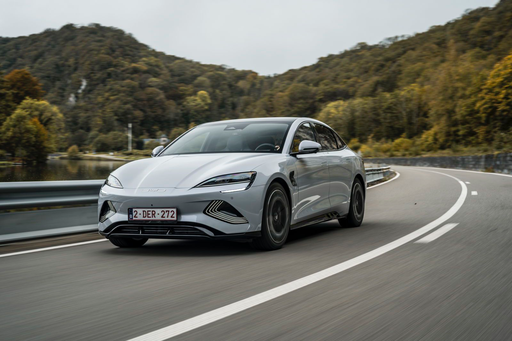 @ press.bydauto.be
@ press.bydauto.be
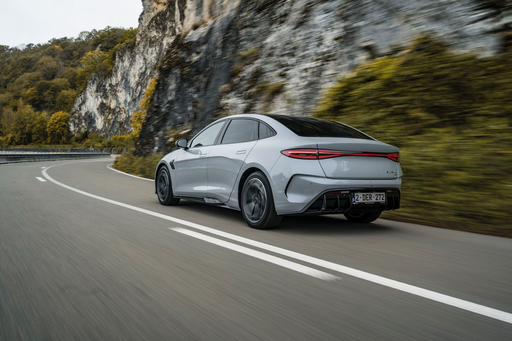 @ press.bydauto.be
@ press.bydauto.be
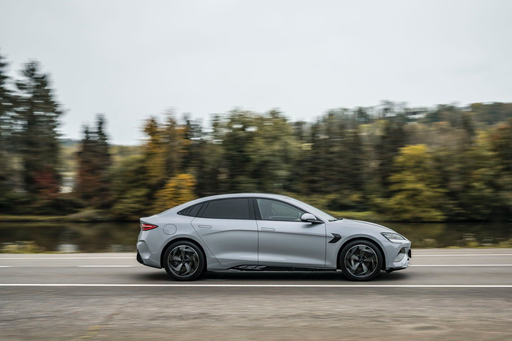 @ press.bydauto.be
@ press.bydauto.be
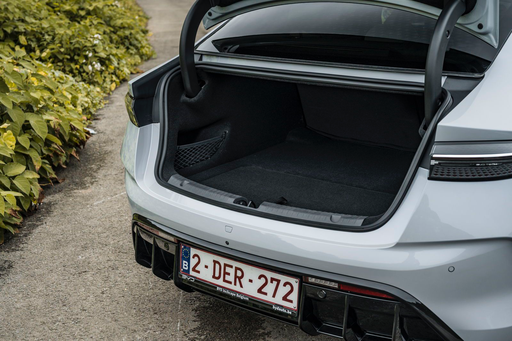 @ press.bydauto.be
@ press.bydauto.be
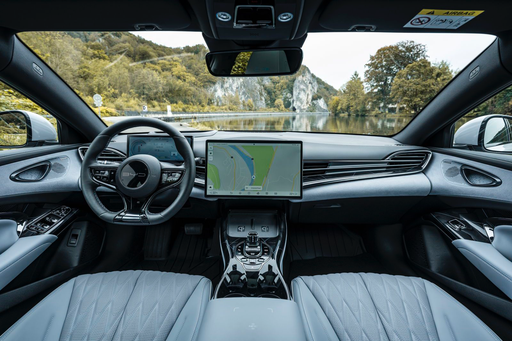 @ press.bydauto.be
@ press.bydauto.be
Peugeot 5008
The Peugeot 5008 impresses with its sleek design and spacious interior, making it an appealing choice for families and those needing extra room. Its elegant exterior lines are complemented by a well-crafted cabin that offers both comfort and versatility, ideal for longer journeys or everyday use. With a range of modern features and technology, the 5008 delivers a balanced blend of style and functionality that enhances the driving experience.
details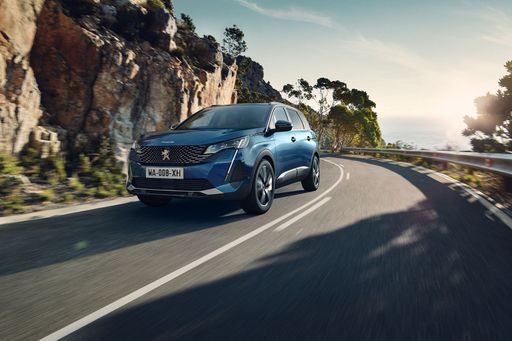 @ media.stellantis.com
@ media.stellantis.com
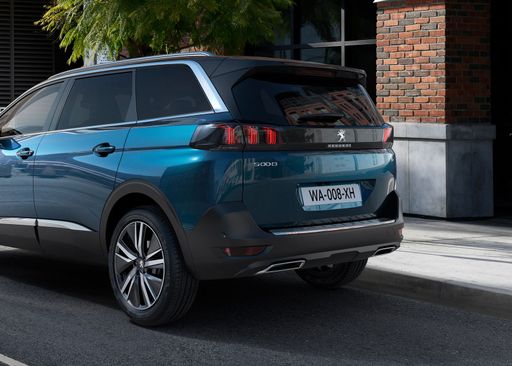 @ media.stellantis.com
@ media.stellantis.com
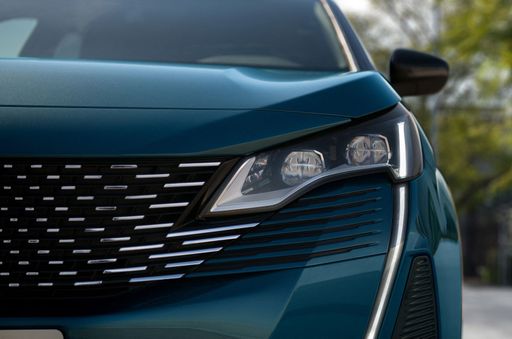 @ media.stellantis.com
@ media.stellantis.com
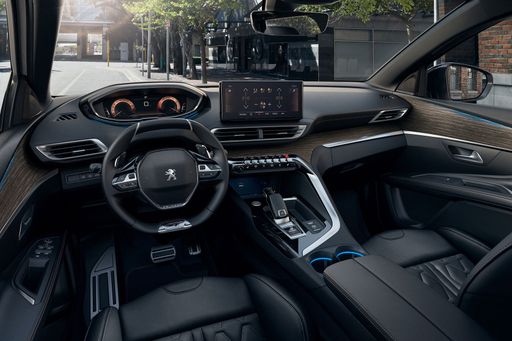 @ media.stellantis.com
@ media.stellantis.com

|

|
|
|
|
Costs and Consumption |
|
|---|---|
|
Price
40300 - 45400 £
|
Price
37600 - 53600 £
|
|
Consumption L/100km
-
|
Consumption L/100km
1 - 5.6 L
|
|
Consumption kWh/100km
15.4 - 18.2 kWh
|
Consumption kWh/100km
17.8 - 18.6 kWh
|
|
Electric Range
460 - 570 km
|
Electric Range
79 - 674 km
|
|
Battery Capacity
-
|
Battery Capacity
0.4 - 96.9 kWh
|
|
co2
0 g/km
|
co2
0 - 127 g/km
|
|
Fuel tank capacity
-
|
Fuel tank capacity
55 L
|
Dimensions and Body |
|
|---|---|
|
Body Type
Sedan
|
Body Type
SUV
|
|
Seats
5
|
Seats
5 - 7
|
|
Doors
4
|
Doors
5
|
|
Curb weight
1907 - 2185 kg
|
Curb weight
1700 - 2406 kg
|
|
Trunk capacity
400 L
|
Trunk capacity
294 - 994 L
|
|
Length
4800 mm
|
Length
4791 mm
|
|
Width
1875 mm
|
Width
1895 mm
|
|
Height
1460 mm
|
Height
1694 mm
|
|
Max trunk capacity
-
|
Max trunk capacity
1815 - 2310 L
|
|
Payload
446 - 473 kg
|
Payload
534 - 699 kg
|
Engine and Performance |
|
|---|---|
|
Engine Type
Electric
|
Engine Type
Plugin Hybrid, Electric, Petrol MHEV
|
|
Transmission
Automatic
|
Transmission
Automatic
|
|
Transmission Detail
Reduction Gearbox
|
Transmission Detail
Dual-Clutch Automatic, Reduction Gearbox
|
|
Drive Type
Rear-Wheel Drive, All-Wheel Drive
|
Drive Type
Front-Wheel Drive, All-Wheel Drive
|
|
Power HP
231 - 530 HP
|
Power HP
145 - 325 HP
|
|
Acceleration 0-100km/h
3.8 - 7.5 s
|
Acceleration 0-100km/h
6.5 - 10.2 s
|
|
Max Speed
180 - 220 km/h
|
Max Speed
170 - 220 km/h
|
|
Torque
360 - 670 Nm
|
Torque
230 - 511 Nm
|
|
Number of Cylinders
-
|
Number of Cylinders
3 - 4
|
|
Power kW
170 - 390 kW
|
Power kW
107 - 239 kW
|
|
Engine capacity
-
|
Engine capacity
1199 - 1598 cm3
|
General |
|
|---|---|
|
Model Year
2023 - 2025
|
Model Year
2024 - 2025
|
|
CO2 Efficiency Class
A
|
CO2 Efficiency Class
B, A, D
|
|
Brand
BYD
|
Brand
Peugeot
|
What drive types are available for the BYD Seal?
The BYD Seal is available as Rear-Wheel Drive or All-Wheel Drive.
The prices and data displayed are estimates based on German list prices and may vary by country. This information is not legally binding.
